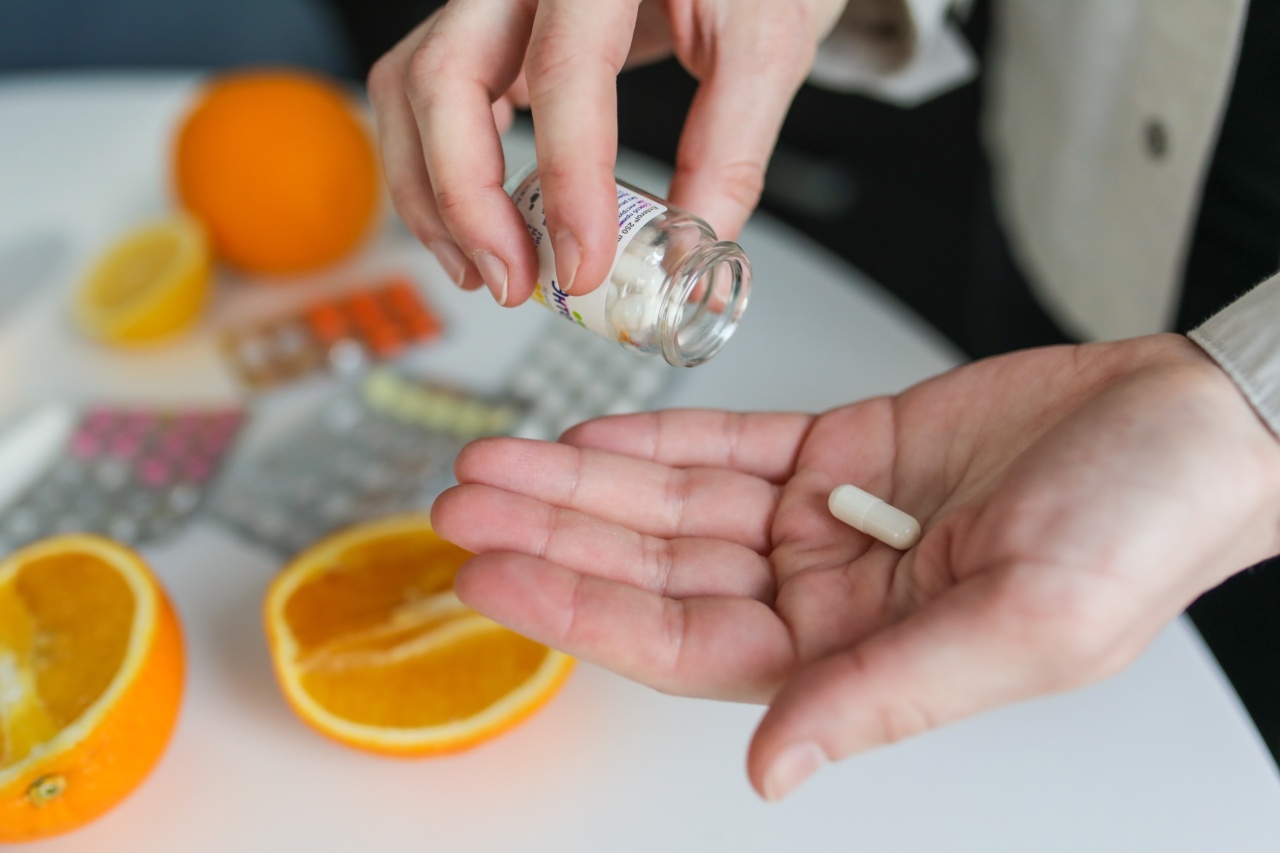Stroke is a condition that occurs when there is a blockage or rupture of blood vessels supplying the brain, leading to a lack of oxygen and nutrients to the affected area.
There are many risk factors for stroke, including high blood pressure, smoking, diabetes, high cholesterol, and family history. One lesser-known factor that can contribute to stroke risk is a low intake of vitamin C. In this article, we will discuss the role of vitamin C in stroke prevention.
What is Vitamin C?
Vitamin C, also known as ascorbic acid, is a water-soluble vitamin that is found in many fruits and vegetables, including oranges, strawberries, kiwi, broccoli, and bell peppers.
It is an essential vitamin which means that it cannot be produced by the body and must be obtained from the diet.
How Does Vitamin C Help Prevent Stroke?
Research has shown that vitamin C plays a crucial role in maintaining the health of blood vessels.
It helps in the production of collagen, which is a protein that forms the structure of blood vessels. Collagen is also essential for wound healing and healthy skin. Vitamin C also acts as an antioxidant, which means it can reduce oxidative stress in the body and protect against damage to blood vessels.
Oxidative stress can lead to inflammation and damage to blood vessels, which can contribute to the development of stroke.
Studies have also shown that low levels of vitamin C in the blood can be a risk factor for stroke.
A large study published in the American Journal of Clinical Nutrition found that individuals with low levels of vitamin C in their blood were at a higher risk of stroke than those with higher levels of vitamin C. Another study published in the Journal of the American Heart Association found that vitamin C supplementation improved blood flow in individuals with high blood pressure, which is a major risk factor for stroke.
How Much Vitamin C Should You Consume?
The recommended daily intake of vitamin C for adults is 75-90 mg. However, some studies have suggested that higher intakes may be beneficial for stroke prevention.
One study published in the journal Stroke found that individuals who consumed more than 200 mg of vitamin C per day had a 30% lower risk of stroke than those who consumed less than 100 mg per day.
It is important to note that consuming too much vitamin C can also have negative effects on health. Some studies have suggested that high doses of vitamin C may increase the risk of kidney stones in susceptible individuals.
Therefore, it is recommended to consume vitamin C from whole foods rather than supplements.
Food Sources of Vitamin C
The best way to obtain vitamin C is through a diet rich in fruits and vegetables. Some of the best food sources of vitamin C include:.
- Oranges and orange juice
- Strawberries
- Kiwi
- Bell peppers
- Broccoli
- Cauliflower
- Tomatoes
- Sweet potatoes
Conclusion
In conclusion, vitamin C plays a crucial role in maintaining the health of blood vessels and can help prevent stroke.
Low levels of vitamin C in the blood have been shown to be a risk factor for stroke, and consuming a diet rich in fruits and vegetables can help ensure an adequate intake of vitamin C. However, more research is needed to determine the optimal dose of vitamin C for stroke prevention, and it is important to avoid excessive intake of vitamin C from supplements.































